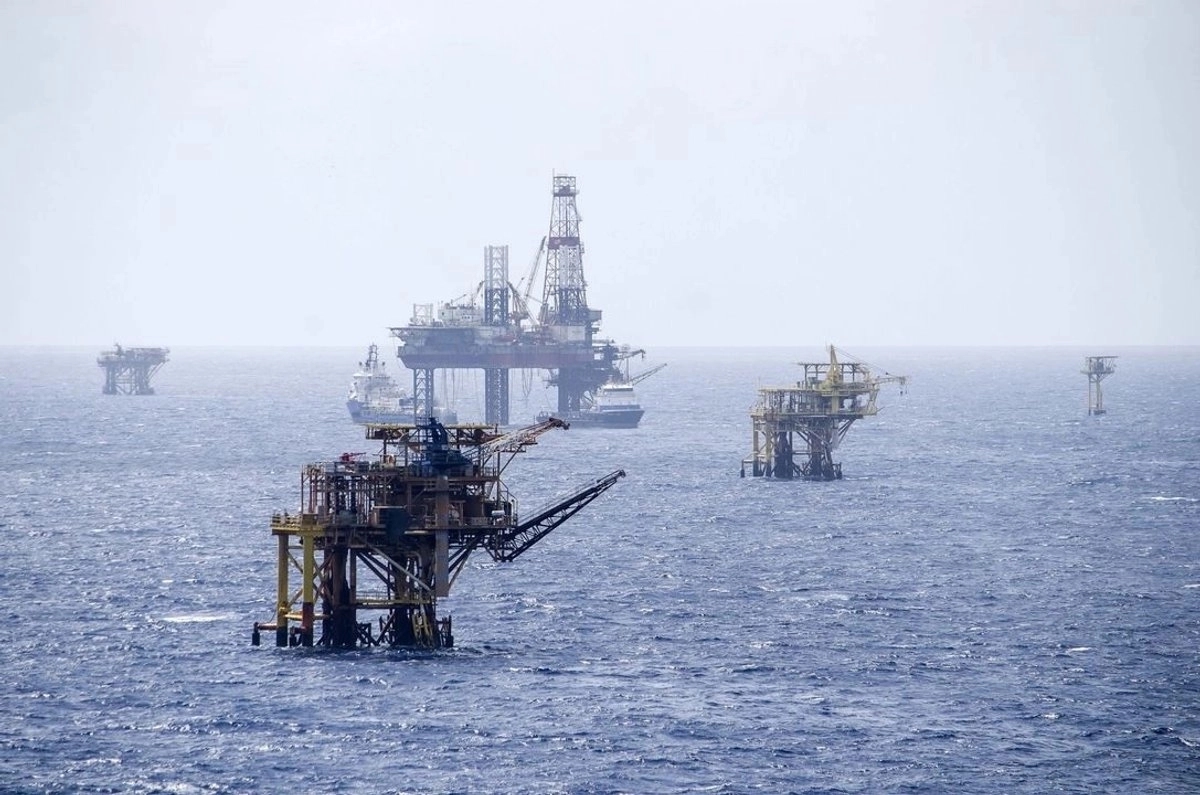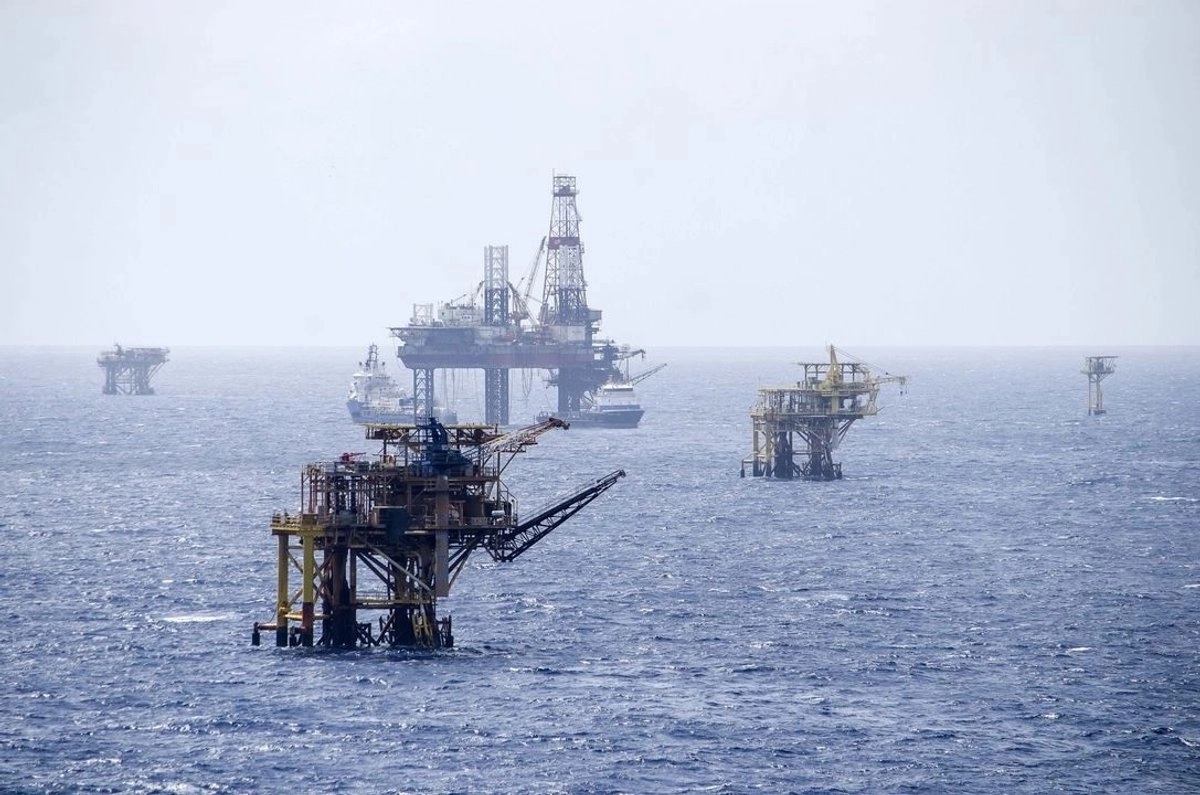Organizations demand a development model in Mexico that does not depend on oil

In response to the negative impacts of hydrocarbon projects in the Gulf of Mexico, organizations and groups from four Mexican states have requested that the federal government implement a development model that does not depend on the exploitation of natural resources . This request stems from the environmental, social, and economic damage caused by oil activity.
During a press conference, representatives from 40 organizations, including Oceana , the Punta del Tigre Fishing Refuge Zone Management Committee (Campeche) and the Gulf of Mexico Reef Corridor Network (Veracruz-Tabasco), pointed out that extractive practices directly affect reefs, mangroves and coastal ecosystems , in addition to causing beach erosion and water pollution.
They also mentioned that oil projects generate job losses , displacement of communities, skin damage and allergies from contact with contaminated water, as well as negative consequences for local fishing , the main activity of many coastal populations.
In the context of the United Nations Climate Change Conference (COP-30) , which will take place in Brazil in two weeks, the groups developed a proposal with seven key points for restoring ecosystems and protecting communities. Each group submitted letters with these proposals to the President of the Republic .
Key points include:
- Removal of oil tankers stranded on the coasts that pollute and alter coastal dynamics.
- Strategies for the restoration and repair of damage caused by hydrocarbon spills in coastal territories.
- Permanent funding programs for the conservation of species such as sea turtles.
- Avoid projects that affect the health of people and ecosystems , such as gas pipelines or fracking practices.
The groups explained how hydrocarbon pollution has altered their way of life. In Isla Aguada, Campeche , the Punta del Tigre Fishing Refuge Zone Management Committee reported that the presence of crude oil on the coast has reduced the species available for fishing, forcing some fishermen to seek employment in the tourism sector .
It was noted that approximately 15 million people reside in the Gulf coastal states, but current policies prioritize the development of industries over the conservation of marine ecosystems , directly impacting communities that depend on the sea for their livelihood.
The groups issued an urgent call to the government to reconsider its economic development model, prioritizing environmental protection . They argue that the transition to a sustainable model free from oil dependency will not only contribute to ecosystem conservation but also enable balanced economic development for coastal communities.
In conclusion, environmental advocates emphasize the urgent need for concrete actions to mitigate hydrocarbon damage, restore ecosystems, and ensure the health and well-being of coastal populations , in a context where sustainability is presented as a central axis of future development.
La Verdad Yucatán






